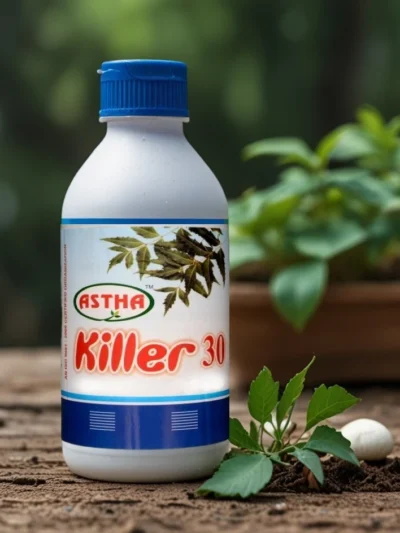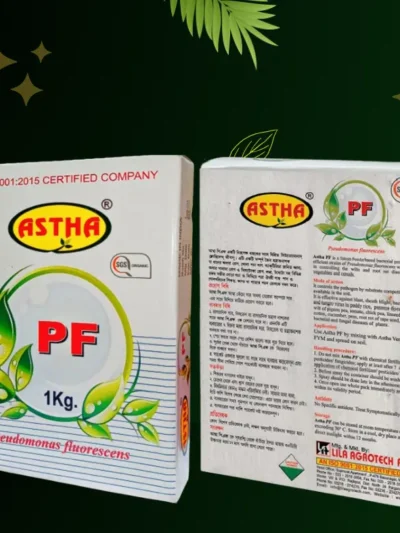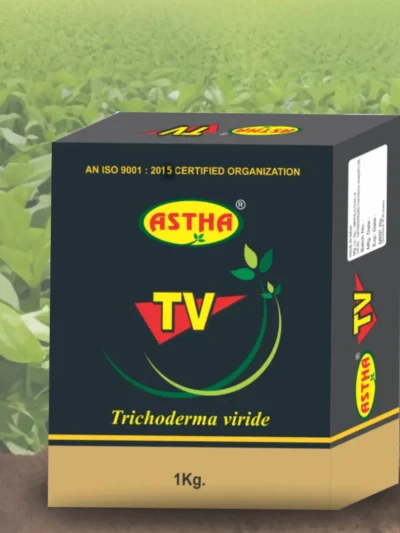Bio Fungicide
Bio fungicides are a type of biological control agents used in agriculture to manage fungal diseases in plants and crops. Unlike traditional chemical fungicides that are synthesized from various chemical compounds, bio fungicides are derived from living microorganisms, natural substances, or byproducts of living organisms. These microorganisms or substances have the ability to suppress or inhibit the growth and activity of pathogenic fungi that can cause diseases in plants.
Here’s how bio fungicides work and why they can be effective for a wide range of plants and crops:
- Microbial Competition: Many bio fungicides consist of beneficial microorganisms such as bacteria, fungi, or yeasts that naturally compete with pathogenic fungi for resources like nutrients and space. By introducing these beneficial microorganisms, they can outcompete and inhibit the growth of harmful fungi, reducing their ability to cause diseases.
- Induced Resistance: Bio fungicides can stimulate the plant’s natural defense mechanisms. When plants come into contact with certain bio fungicides, they trigger a response that strengthens their immune system. This induced resistance helps plants fend off fungal infections more effectively.
- Antagonism: Some bio fungicides produce compounds or enzymes that directly inhibit the growth of pathogenic fungi. For example, certain fungi can release enzymes that break down the cell walls of harmful fungi, effectively killing or weakening them.
- Sustainability: Bio fungicides are considered more environmentally friendly and sustainable than chemical fungicides. They often have minimal impact on non-target organisms, including beneficial insects, pollinators, and soil microorganisms. This reduces the risk of disrupting the ecosystem balance.
- Reduced Resistance: Over time, pathogens can develop resistance to chemical fungicides, rendering them ineffective. Bio fungicides work through multiple modes of action, making it less likely for pathogens to develop resistance.
- Compatibility: Bio fungicides can be used in conjunction with other pest management strategies, including integrated pest management (IPM) programs. They can complement cultural practices, biological controls, and even some chemical treatments.
- Versatility: Bio fungicides have been developed and tested for various crops and plant species. Their versatility allows them to be integrated into diverse agricultural systems, making them effective for a wide range of plants.
- Preventive and Curative Action: Bio fungicides can be used preventively to protect plants from potential infections or curatively to manage existing fungal diseases. This flexibility makes them a valuable tool for farmers and gardeners.
It’s important to note that while bio fungicides have many benefits, they might not provide immediate and total eradication of fungal diseases. They are generally effective when used as part of an integrated approach that includes good cultural practices, proper plant nutrition, and careful monitoring.
Showing all 4 results
-
Sale!

Astha Killer 30 – Advanced Bio Fungicide for Complete Crop Protection
₹249.00 – ₹1,249.00 price_including_GST Select options Quick View -
Sale!

Astha PF | Pseudomonas Fluorescens | Bio Fungicide
₹99.00 – ₹1,299.00 Select options Quick View -
Sale!

Astha TH |Trichoderma Harzianum A Powerful Bio fungicide for Plant Protection
₹350.00 price_including_GST Select options Quick View -
Sale!

Astha TV – Trichoderma Viride Bio-Control Agent for Plant Protection
₹130.00 – ₹2,250.00 price_including_GST Select options Quick View
